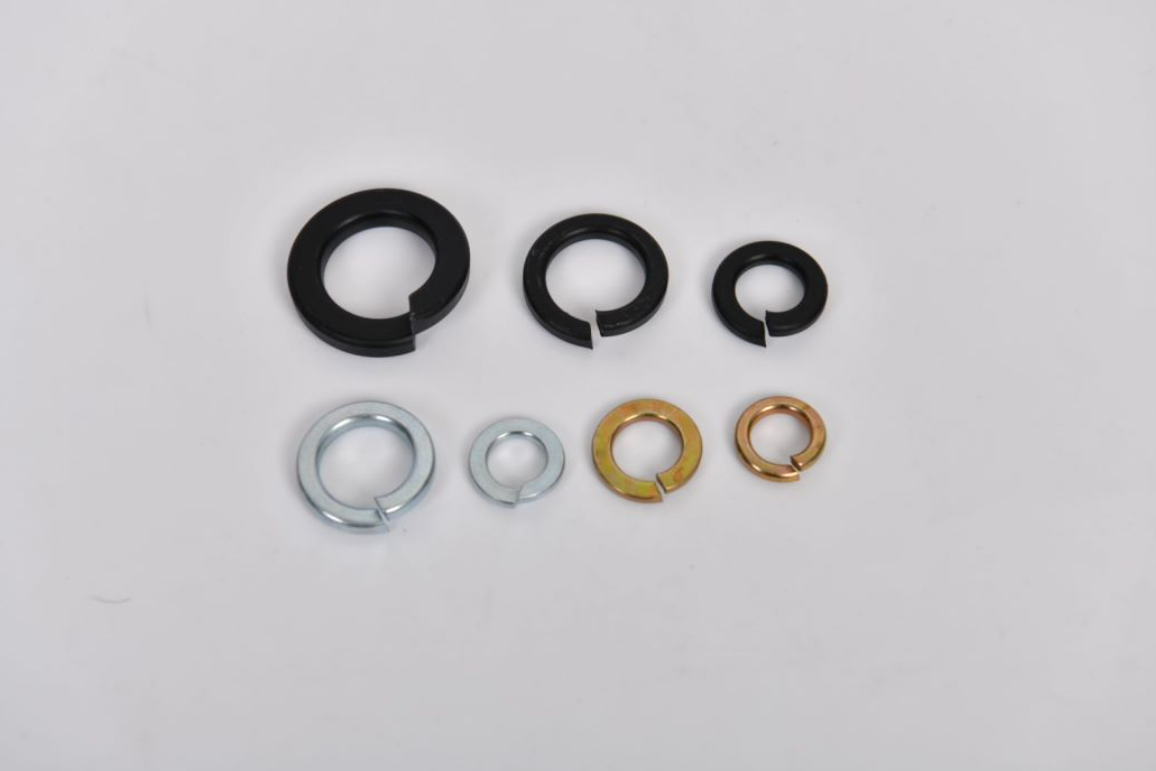wafer head self tapping screw product
Understanding Wafer Head Self-Tapping Screws A Comprehensive Overview
In the world of fasteners, self-tapping screws are essential components that play a critical role in various industries, including construction, manufacturing, and automotive. Among the many types of self-tapping screws, wafer head self-tapping screws have gained prominence for their unique features and advantages. This article delves into the characteristics, applications, and benefits of wafer head self-tapping screws, shedding light on why they are the preferred choice for many applications.
Wafer head self-tapping screws are distinguished by their flat, wide heads, which provide a larger bearing surface compared to traditional screw heads. This design is especially advantageous in applications where a flush or countersunk finish is required. The wide head distributes the load more evenly, reducing the risk of material damage and ensuring a secure fit. Additionally, the wafer head’s geometry allows for easy sinking into the material, further contributing to a neat and aesthetically pleasing finish.
One of the most appealing features of wafer head self-tapping screws is their self-drilling capability. These screws are engineered with sharp, pointed tips that enable them to penetrate various materials, including metal, wood, and plastics, without the need for pre-drilled holes. This not only saves time during installation but also reduces the complexity of the assembly process. Consequently, wafer head self-tapping screws are highly favored in assembly lines and fieldwork where speed and efficiency are paramount.
The versatility of wafer head self-tapping screws is another reason for their widespread use. They can be used in numerous applications, including securing metal sheets in HVAC systems, assembling furniture, and mounting electrical boxes. The ability to attach different materials together without additional hardware or tools makes them an invaluable resource in both industrial and DIY projects. Moreover, wafer head screws are available in various sizes, lengths, and materials, providing flexibility to meet specific project requirements.
wafer head self tapping screw product

When it comes to material selection, wafer head self-tapping screws are typically made from corrosion-resistant materials such as stainless steel or coated with zinc to enhance durability. This is particularly important in applications exposed to harsh environmental conditions, where corrosion could compromise the integrity of the joint. By choosing the right material, manufacturers can ensure the longevity of their products while maintaining structural integrity.
The installation process of wafer head self-tapping screws is relatively straightforward. Typically, the screws can be driven using a standard power tool, which contributes to efficiency on production lines or during construction. Additionally, the compatibility with different drive types, such as Philips or square drives, allows for widespread use with existing tool inventories. This adaptability minimizes the need for special tools, making the installation process even more user-friendly.
In terms of maintenance, the robustness of wafer head self-tapping screws means they require minimal upkeep
. Their resistance to wear and tear ensures that once installed, they can endure considerable stress and load without failure. However, like any fastening system, regular inspections are recommended to ensure continued performance, particularly in high-stress environments.For manufacturers and DIY enthusiasts alike, wafer head self-tapping screws present a reliable solution for fastening needs. Their unique design, ease of installation, and versatility make them a go-to choice across various applications. As technology advances, we can expect to see further innovations in screw design, materials, and coatings that will enhance their efficiency and usability even more.
In conclusion, wafer head self-tapping screws are an essential element in modern construction and manufacturing practices. Their design not only enhances aesthetic appeal but also contributes to the structural integrity of various assemblies. With the combination of strength, ease of use, and versatility, these screws are undeniably a critical tool for achieving reliable fastening solutions in today’s fast-paced industrial environment. As industries continue to evolve, wafer head self-tapping screws will likely remain a staple in the fastener market, shaping the future of construction and assembly practices.
-
Top Choices for Plasterboard FixingNewsDec.26,2024
-
The Versatility of Specialty WashersNewsDec.26,2024
-
Secure Your ProjectsNewsDec.26,2024
-
Essential Screws for Chipboard Flooring ProjectsNewsDec.26,2024
-
Choosing the Right Drywall ScrewsNewsDec.26,2024
-
Black Phosphate Screws for Superior PerformanceNewsDec.26,2024
-
The Versatile Choice of Nylon Flat Washers for Your NeedsNewsDec.18,2024










